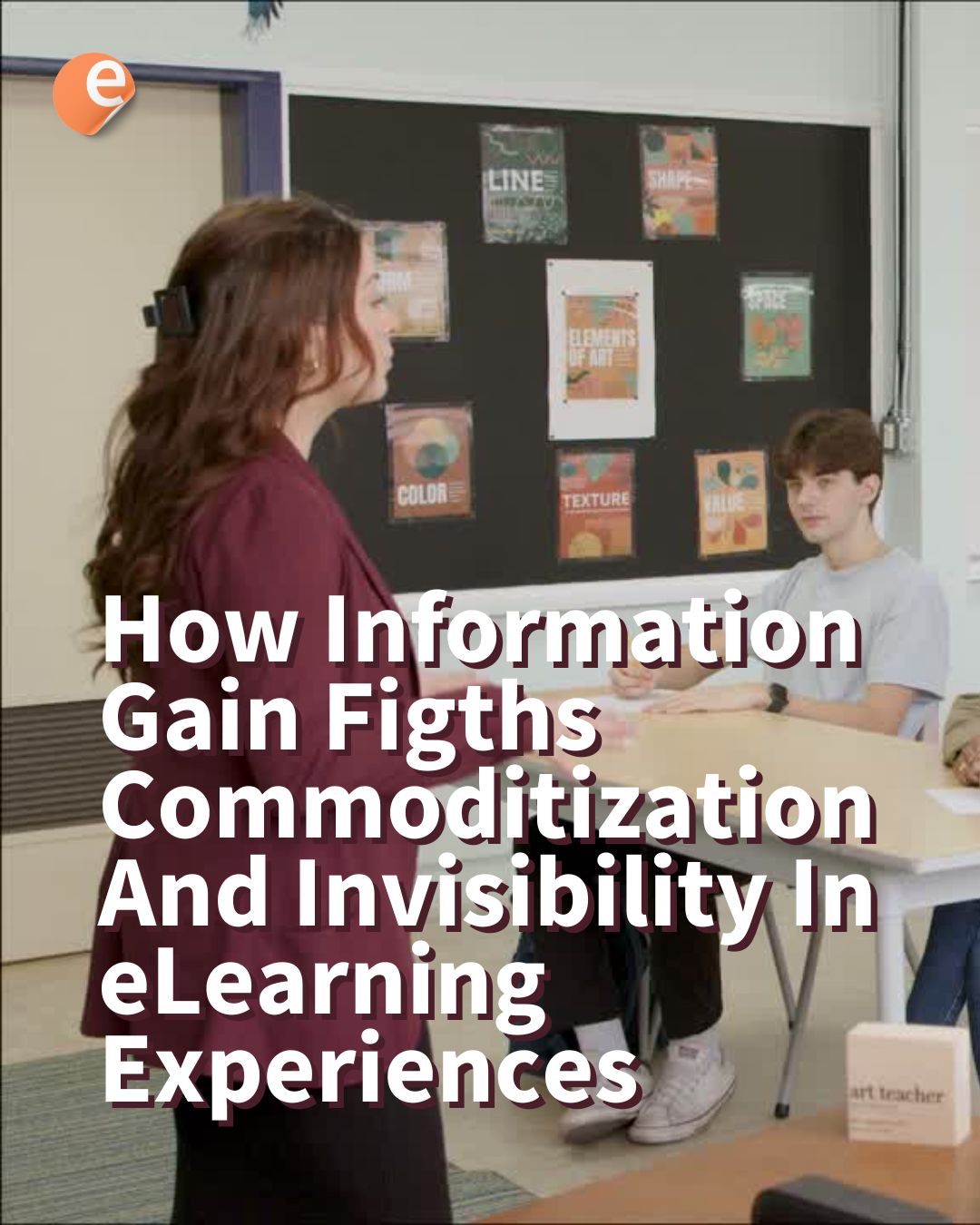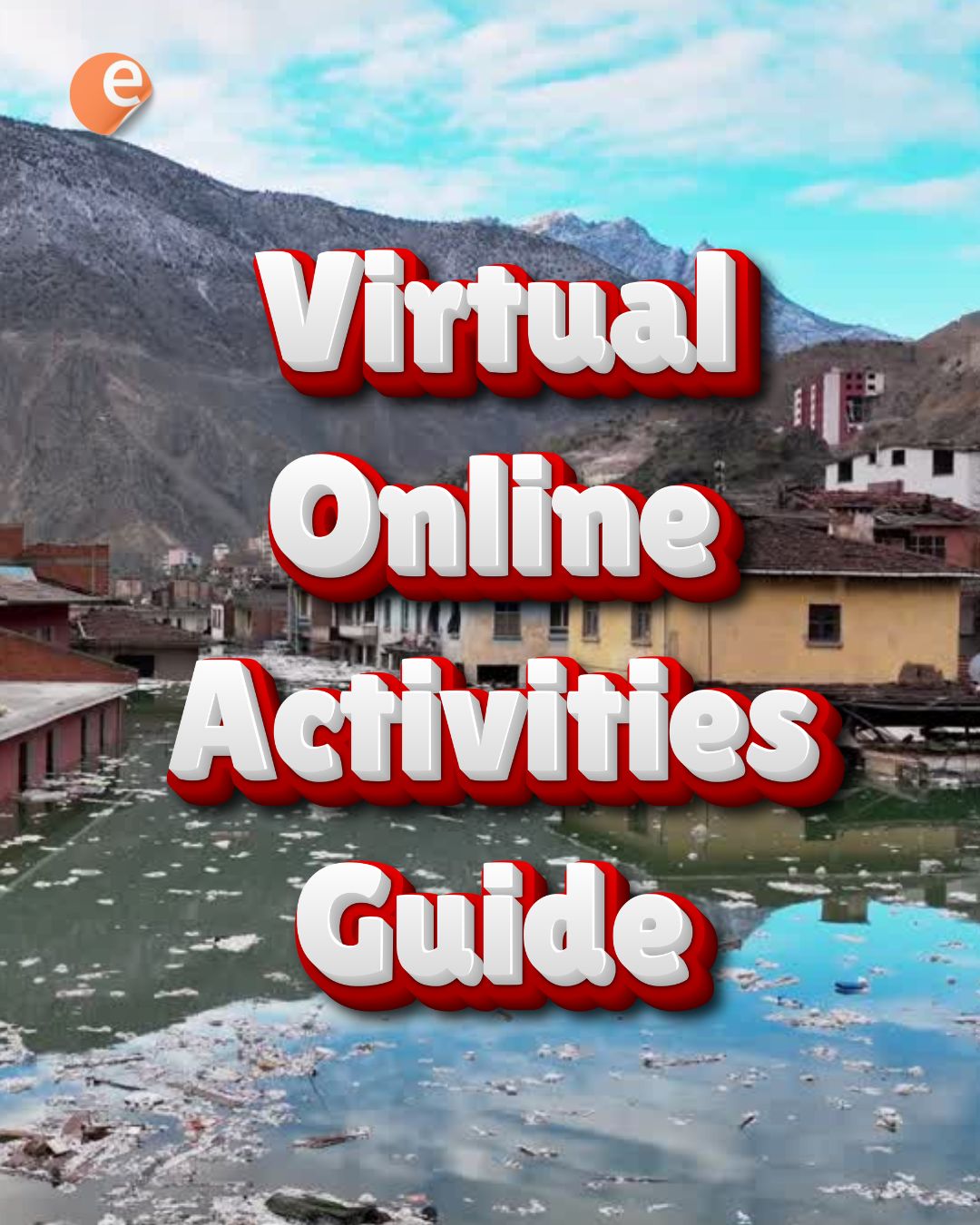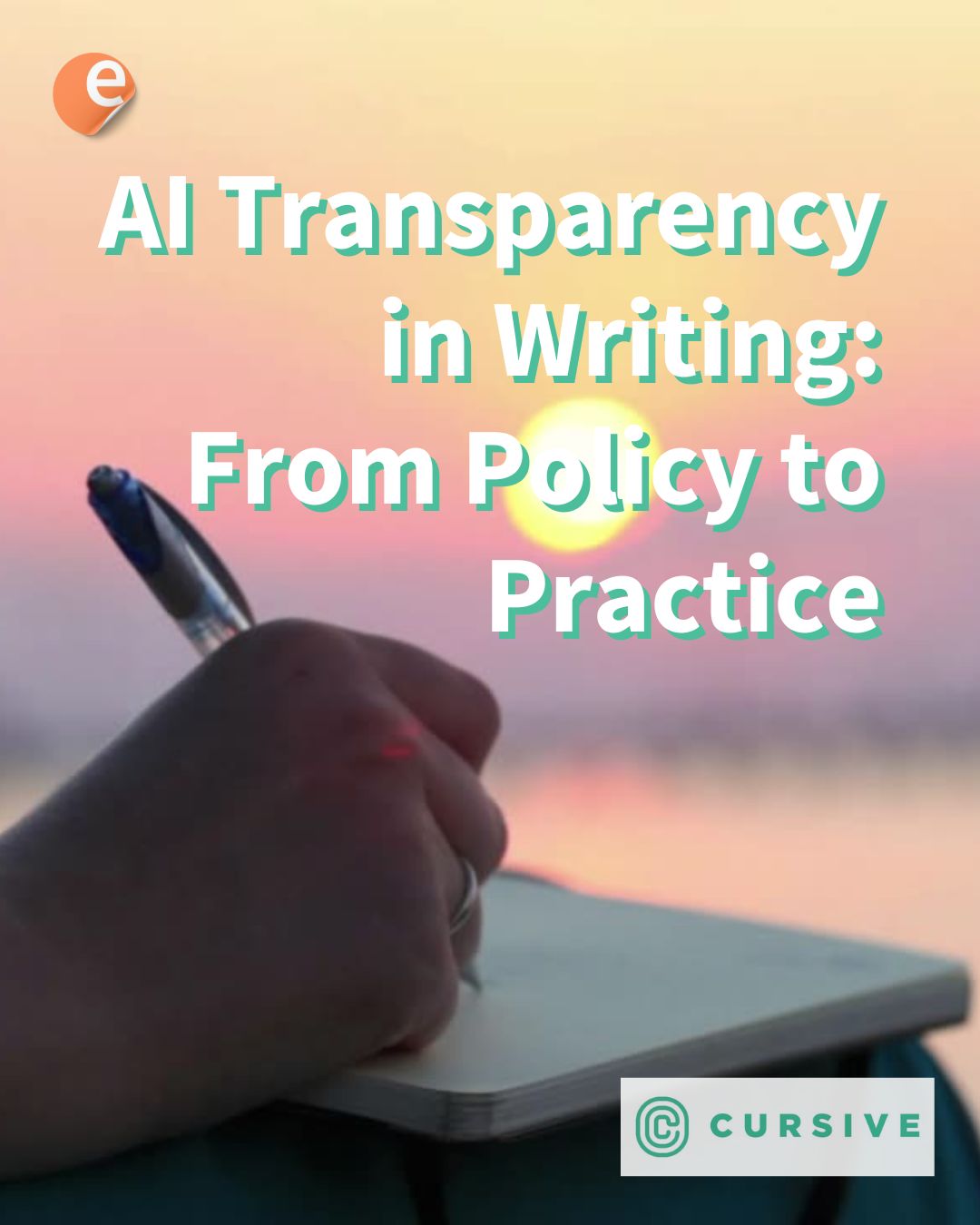The technology, but more specifically, the underlying habit of having a search engine close, to deliver any kind of information within seconds, is a game changer. Not only in our work or daily lives, but deep in the way our brains work. We no longer have to worry about forgetting facts, at least those that are publicly available. While the internet has made us more globally interdependent, search engines have kept us somewhat independent. Furthermore, the recent rise of personal AI assistants is the solution to a problem we did not have a decade ago, a benign one courtesy of powerful search engines: how to create the best possible way to interact with vast amounts of information.
And yet we’re left wondering about the slow rate of progress and limited resources devoted to the development of a more robust search engine in Moodle. Moodle 3.1 introduced the possibility of “global search” for Moodle Sites. It was an incomplete step to provide a fully functioning search engine inside Moodle since the functionality was not ready out of the box and still takes developers to install and set up a search engine solution. (Not to mention the extra “taff” required on the server side.) Even then, many restrictions apply. Search, for instance, cannot be used in a Moodle Course catalog, as it cannot display Courses a user is not enrolled in. Search of content generated using plugins also requires a specific search configuration.
Things might be about to change with Moodle 3.4. Open University’s Sam Marshall has kicked off a conversation on search, looking to identify functional solutions to provide a simple yet dependable search solution for Moodle content. So far, there seems to be agreement in favor of broader “indexing,” the process of creating the site’s list of searchable elements. Other important aspects are the inclusion of search actions for manual and automated testing and the encoding flexibility that allows for a search to handle special characters with ease.
After all, if we are looking forward to AI Moodle butlers in a not so distant future, we first have to get the search function right.
In the meantime, if you are interested in adding global search to your Moodle site, visit this documentation. (Warning: it can be expensive and complicated even for experienced developers. Swiss Distance UAS’ Joël Schmid recommends some technical guides here.)
 This Moodle Governance related post is made possible by: eThink Education, a Certified Moodle Partner that provides a fully-managed Moodle experience including implementation, integration, cloud-hosting, and management services. To learn more about eThink, click here.
This Moodle Governance related post is made possible by: eThink Education, a Certified Moodle Partner that provides a fully-managed Moodle experience including implementation, integration, cloud-hosting, and management services. To learn more about eThink, click here.









11 Responses
Doing search well is difficult, Moodle is a complex system with over 300 tables and any search system must respect permissions. If you get it wrong people may see things they should not. I recently set up the Global search on Moodle 3.3. and it took under 2 hours from start to finish and the capabilities were very impressive.
That sounds very interesting. Does it make sure you’re not going to have the privacy or user permissions issues from previous versions?
What issues are you referring to?
The ones you mention:
>If you get it wrong people may see things they should not.
Does Global Search in Moodle 3.3 help you respect user permissions?
Ahh, now I understand. I meant to say that if a search system for any system is not designed well people might see things they should not.
My understanding is that the Moodle search directly uses the built in permissions systems so users will only see whatever they allow. The permissions system has been in Moodle for a long time and is well tried and tested. The global search facility has some documentation here
https://docs.moodle.org/31/en/Global_search
I can confirm that global search uses moodle’s capabilities & permissions system
I can confirm that global search uses moodle’s capabilities & permissions system.
pity that these comments are not visible in http://www.moodlenews.com/2017/why-is-it-so-hard-to-search-for-things-in-moodle/ 😉
All comments should be displaying on our site. We’ll get this fixed – Apologies!
Thanks. It is strange, all other article’s comments are displayed but not this article ones, weird 🙂